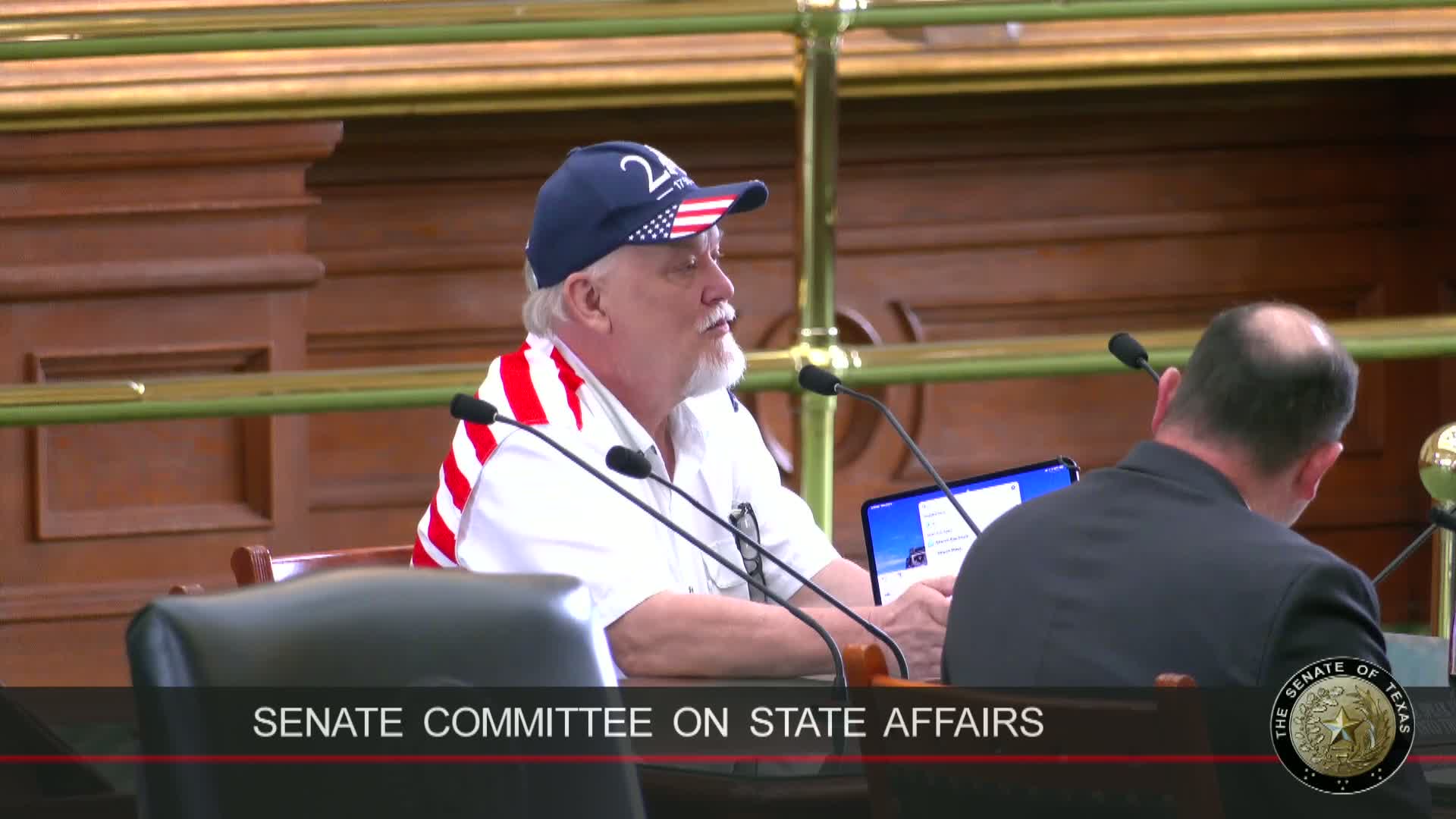Article not found
This article is no longer available. But don't worry—we've gathered other articles that discuss the same topic.
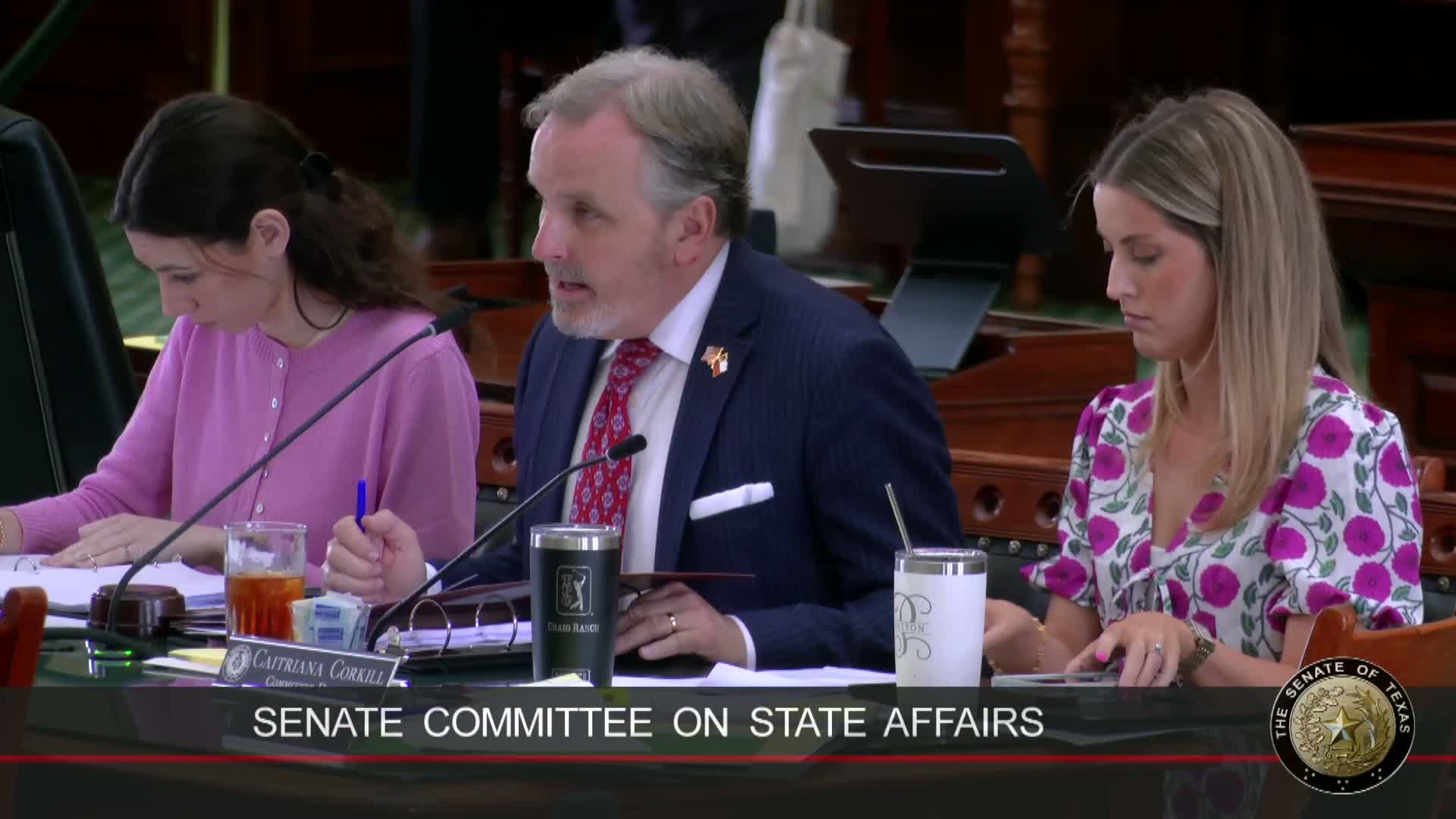
Committee discusses bill to close loophole on deepfakes that depict minors in sexually explicit images
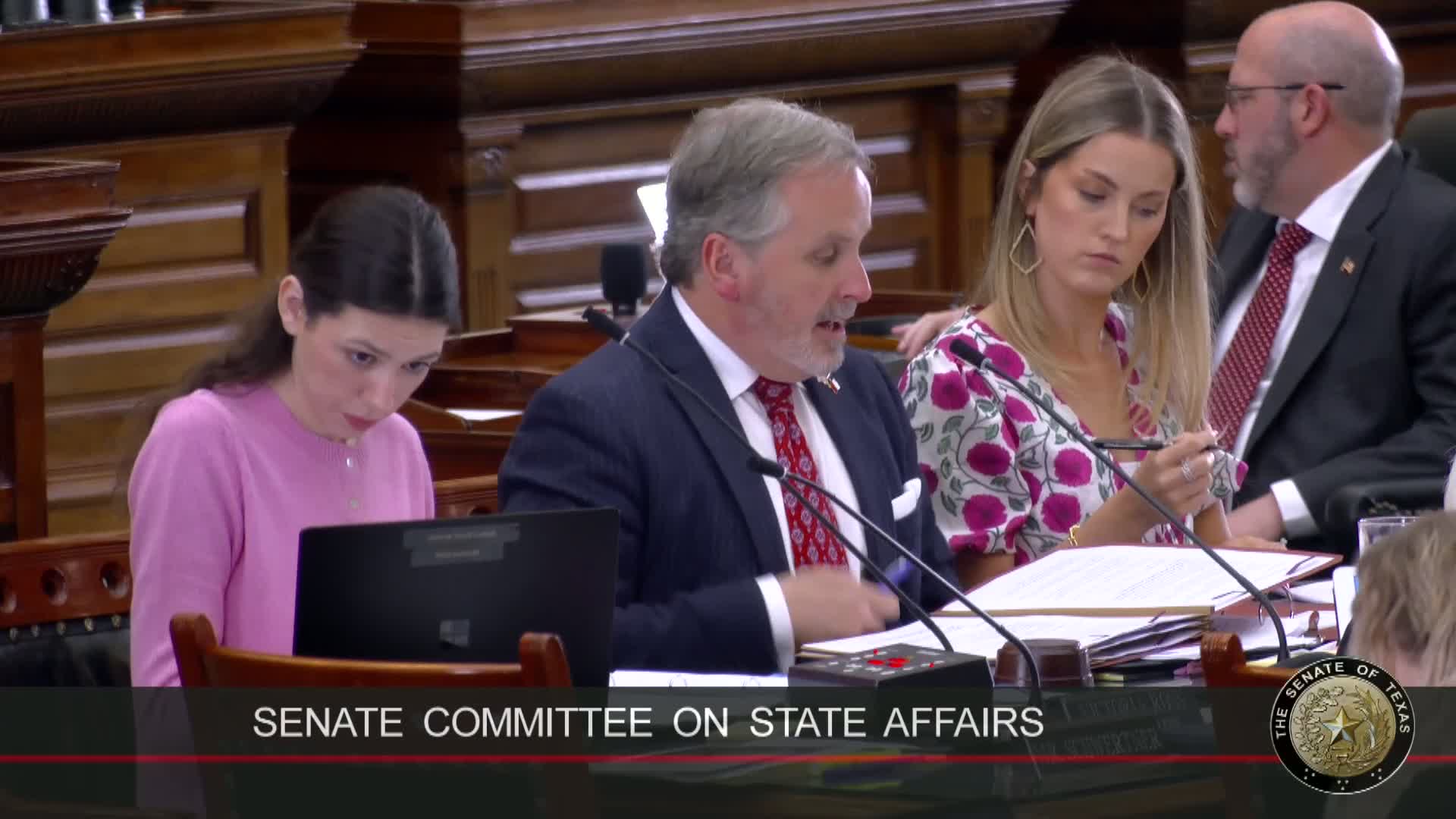
Committee reviews companion bill to secure Texans’ genomic sequencing data from foreign access
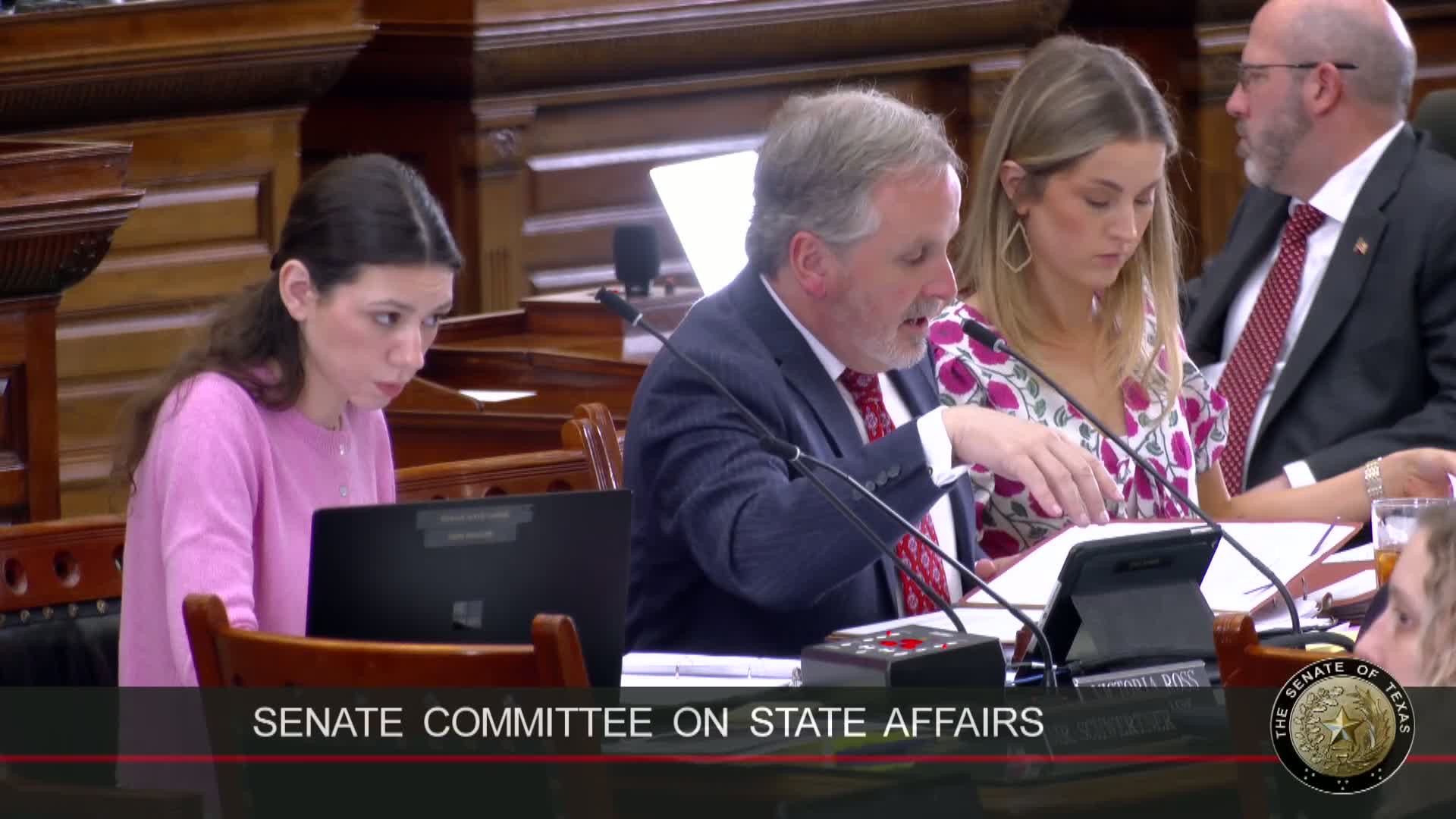
Committee takes up House companion to require registration of lobbyists working for foreign adversaries
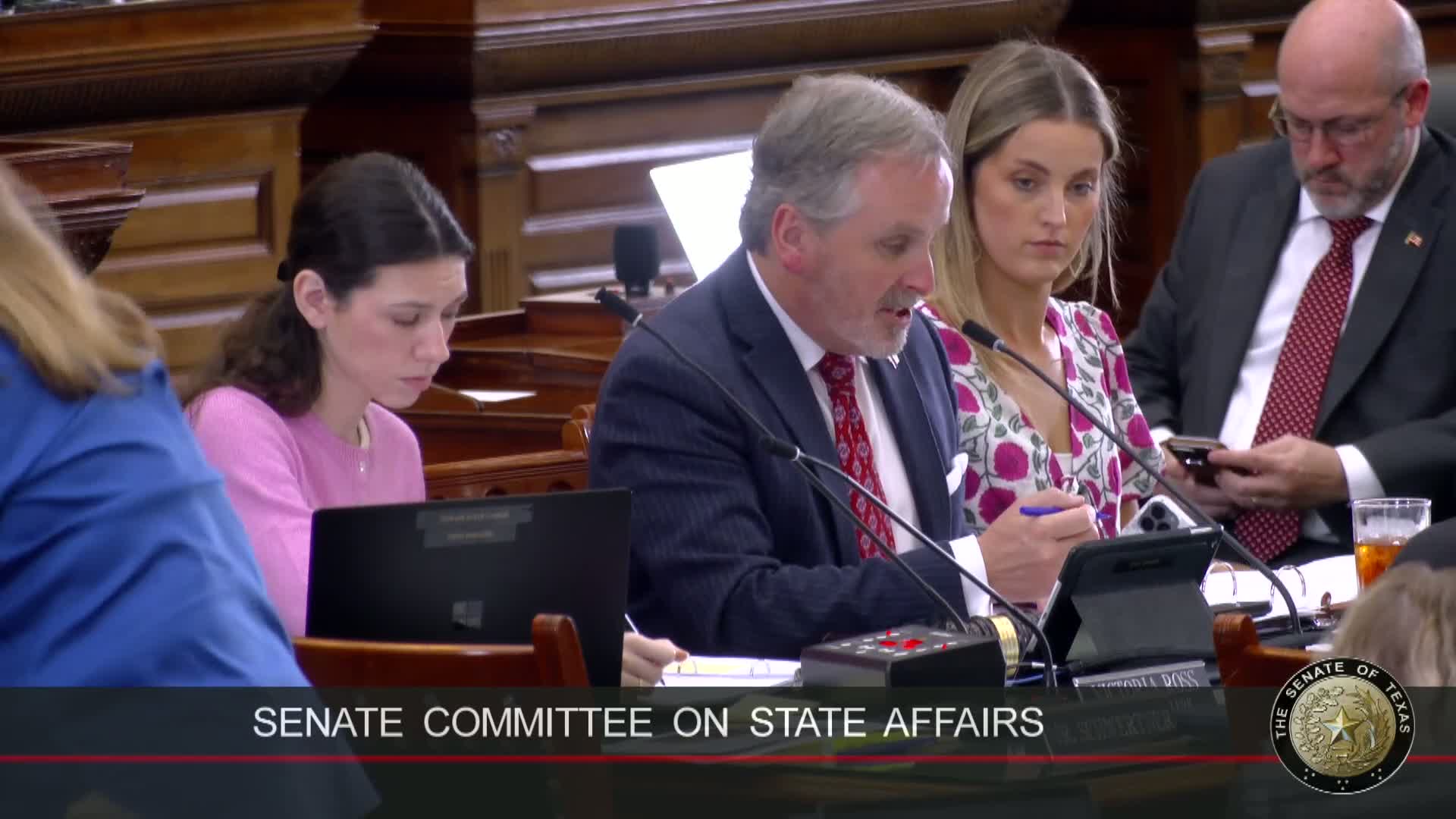
Committee hears bill to make confidentiality automatic for protective‑order applicants' contact information
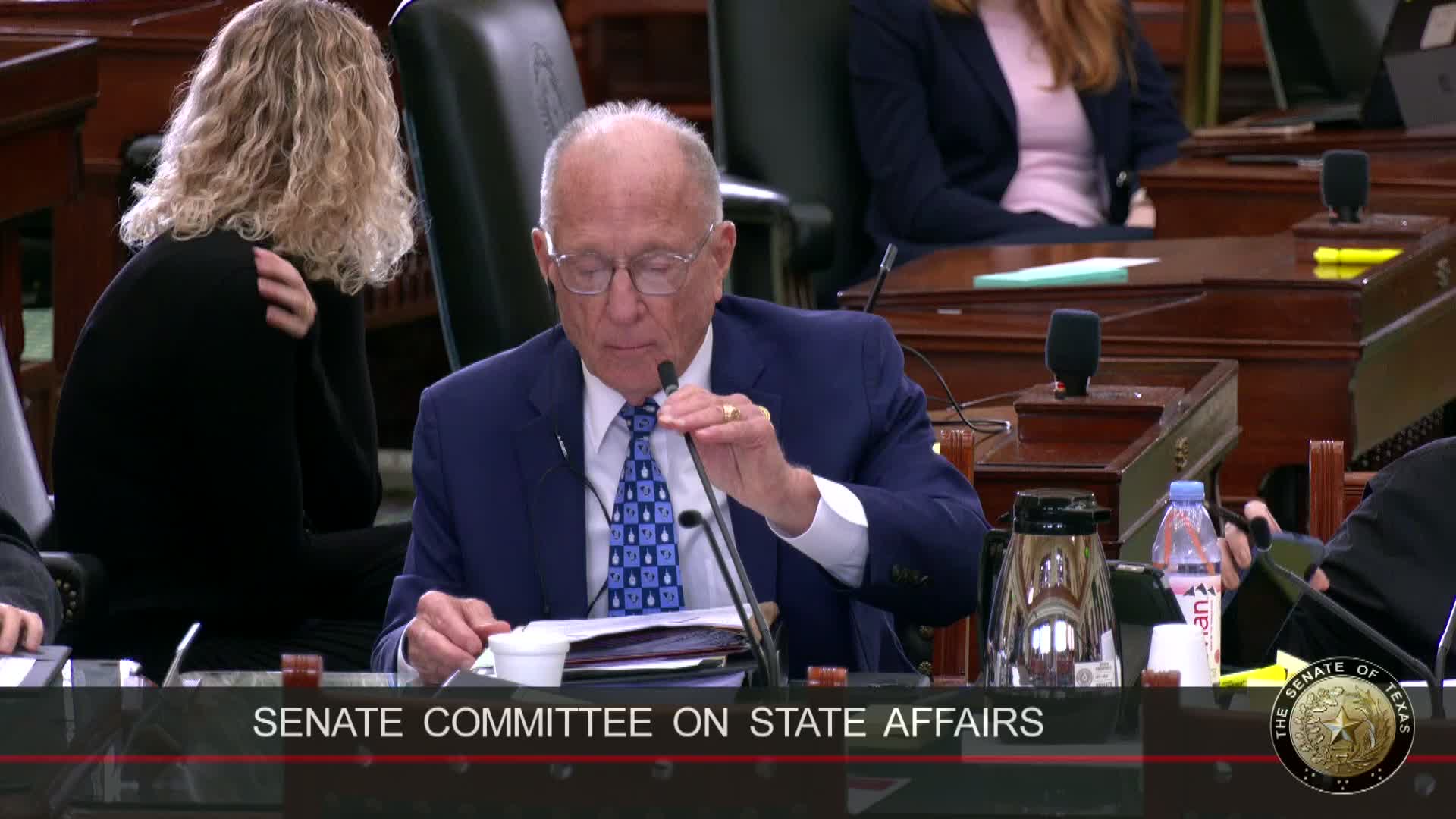
Senator Hall urges abolishing Texas Lottery Commission amid allegations of systemic failures and courier fraud
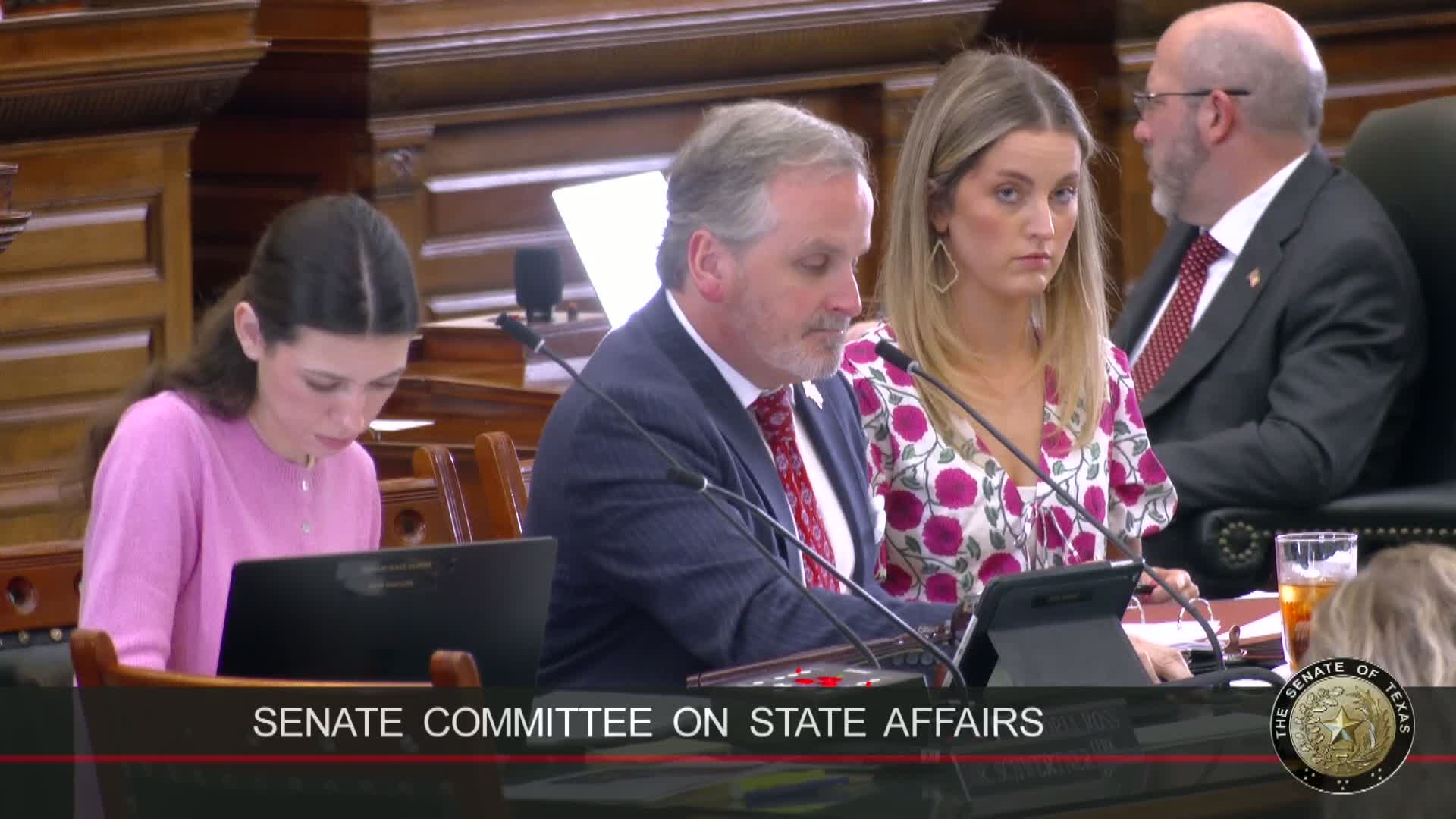
Committee considers bill allowing 30‑06 signage to be admitted as evidence in civil suits against businesses
